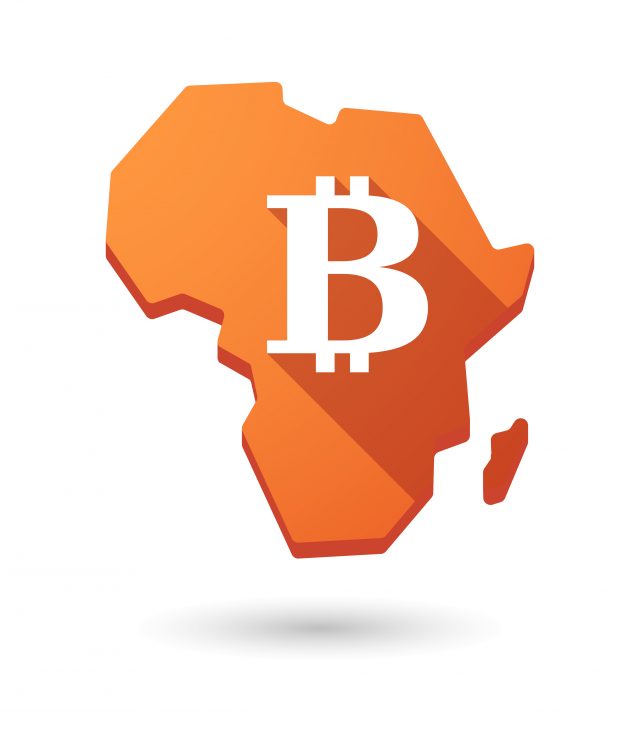
Bitmari, the largest pan-African wallet provider, is making history by partnering with the Zimbabwe Bank of Agriculture to integrate bitcoin into their products.
Also Read: Increased South African Bitcoin Adoption Highlights Need For Taxation Clarity
Africa is well documented as the world’s region with the least developed banking sector and the most underbanked citizenry. Bitcoin has long been seen as a potential solution to this problem, and many wallet providers and remittance services have flourished in Africa. Following the success of BitPesa, Bitmari has been among the most successful bitcoin companies in Africa, offering wallet and remittance services to citizens in several different nations.

In addition to partnering with the Zimbabwe Bank of Agriculture, Bitmari has applied for an international remittance license with the Reserve Bank of Zimbabwe. If successful, Bitmari will become the region’s first licensed international remittance business based upon bitcoin.
Bitcoin and Blockchain Technology Are Sure to Play an Increasingly Significant Role in Africa’s Economy Throughout 21st Century
Since being founded in 2015, Bitmari has generated great attention through its philanthropic programs designed to assist female farmers, and Bitmari’s staunch desire to use the blockchain as an instrument for political change. “We think technology is a better method of solving problems than politics”, co-founder Sinclair Skinner stated in a 2016 interview with Ebony Magazine. “Bitmari is utilizing the wisdom of Zimbabwe and the resources of Silicon Valley to build fintech applications that will change the speed and flexibility of transactions throughout Africa,” Bitmari co-founder Christopher Mapondera told reporters in a recent interview.

Bitmari is hoping to offer superior remittance services to Africa’s enormous agricultural sector, which currently incurs exorbitant fees in order send and receive money internationally and exchange between currencies. With Africa’s agricultural export industry accounting for approximately 50% percent of the region’s economic activity, being able to bypass the conventional banking system could allow African farmers and businesses to keep a significant additional percentage of profits. “Blockchain technology will allow Agribank and future indigenous African banks to leapfrog traditional remittance methods. Financial inclusion creates empowerment and ultimately stronger economies,” stated Skinner.
Despite Bitmari’s moves towards partnering with mainstream African financial institutions, there is very little regulation pertaining to bitcoin or cryptocurrency established in Africa. Few nations have offered official guidelines for businesses to operate within, nor have proposals for government regulation been developed. This absence of regulatory guidelines may present future challenges to Bitmari, as it seeks to embed its services into the economies of nations who are yet to develop or consider regulations for cryptocurrency.
With over $60 billion USD lost from the African economy due to remittance fees, bitcoin and blockchain technology are sure to play an increasingly significant role in Africa’s economy throughout 21st century.
Do you think that Bitmari will be successful in their application for an international remittance license? Share your thoughts below!
Images courtesy of Shutterstock & Bitmari
At News.Bitcoin.com all comments containing links are automatically held up for moderation in the Disqus system. That means an editor has to take a look at the comment to approve it. This is due to the many, repetitive, spam and scam links people post under our articles. We do not censor any comment content based on politics or personal opinions. So, please be patient. Your comment will be published.










